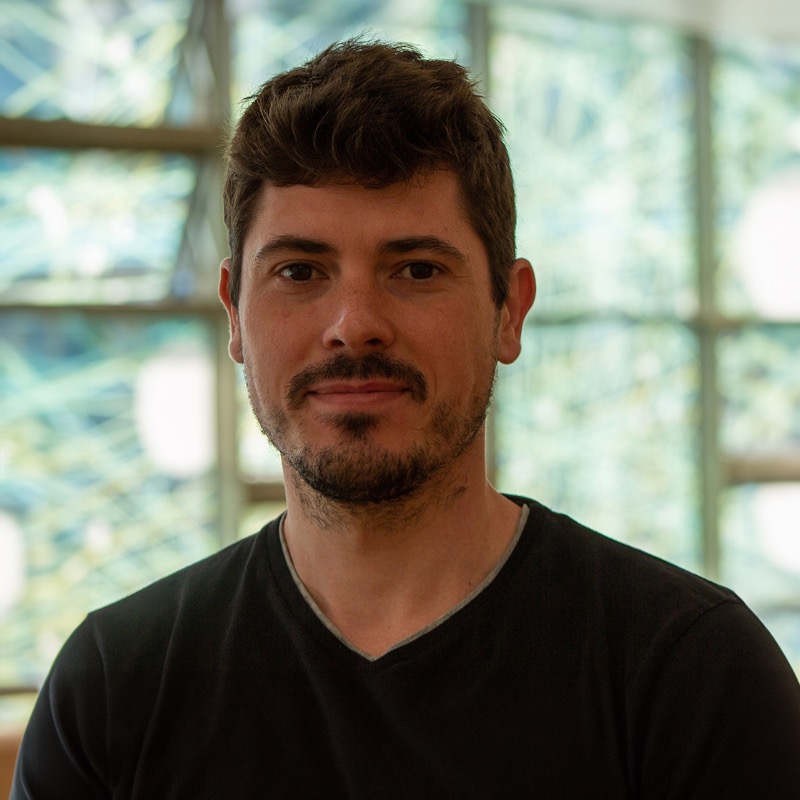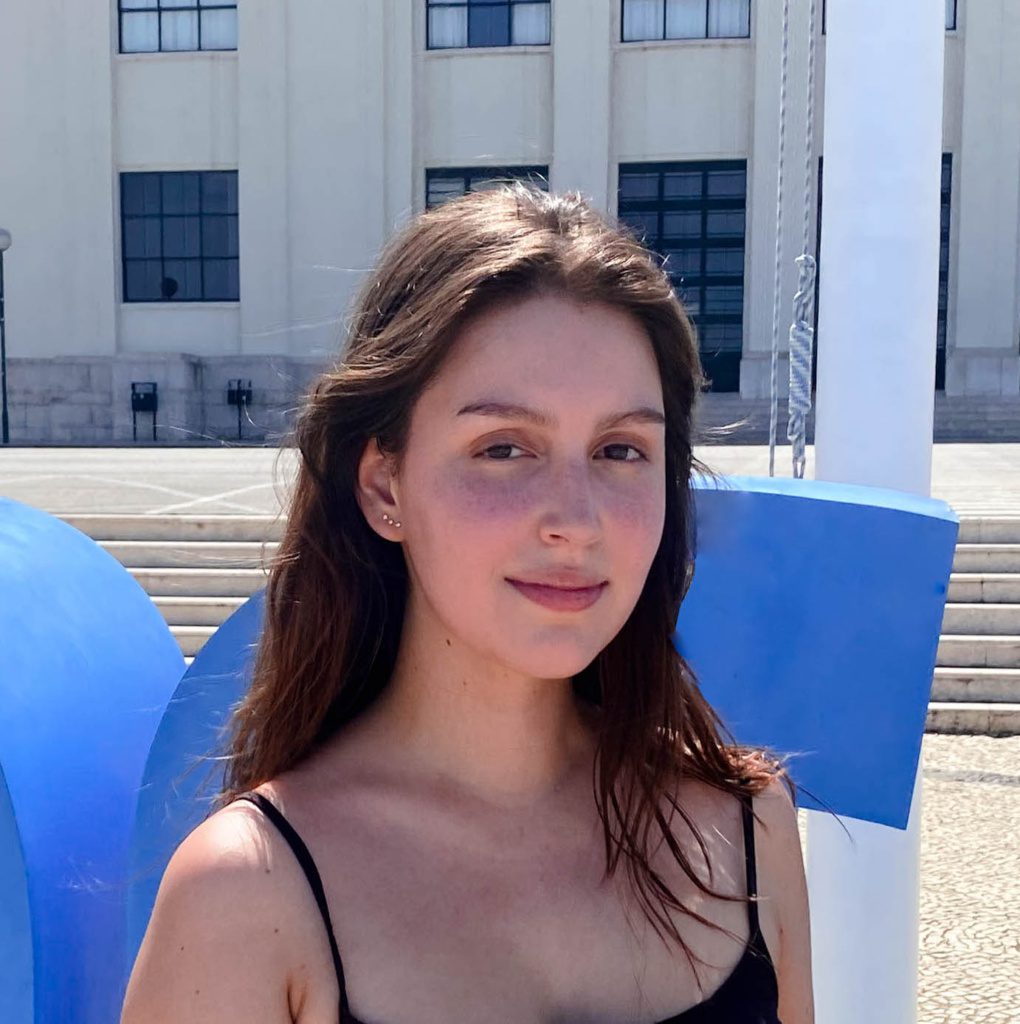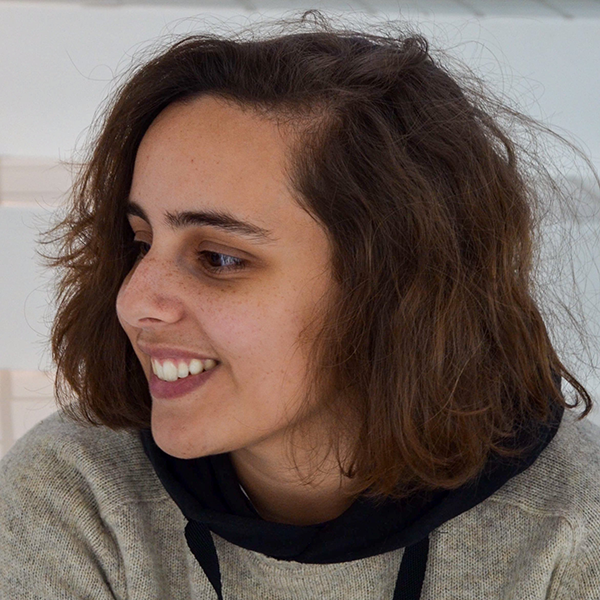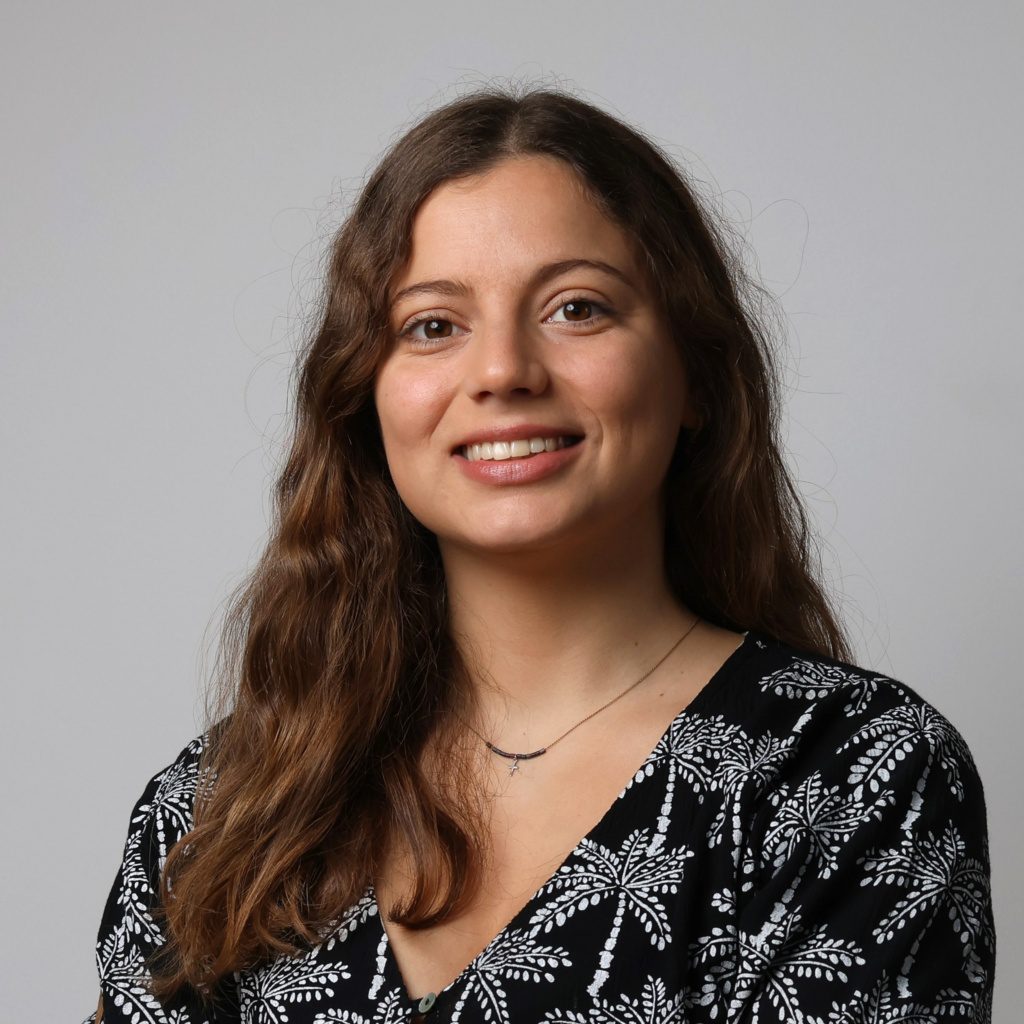ITI PhD Students to Present Innovative Research at ASSETS’23 in New York
The field of accessibility technology continues to evolve, making strides in providing inclusive and equitable computing experiences for individuals with disabilities and older adults. The 25th International ACM SIGACCESS Conference on Computers and Accessibility (ASSETS’23), set to take place in New York from October 23 to 25, 2023, is a prestigious event that gathers experts, scholars, and innovators to present their latest research and innovations in the domain of computing for accessibility. This year, we are proud to announce the participation of two exceptional PhD students from the Interactive Technologies Institute (ITI) in this landmark conference. Patricia Piedade and Filipa Rocha, supervised by Hugo Nicolau, will present their groundbreaking research, shedding light on the importance of accessible technology in education and the advancement of computational thinking for individuals with disabilities.
ASSETS Conference: A Leading Forum for Accessibility Research
ASSETS is recognized as the foremost platform for showcasing research related to the design, evaluation, use, and education of computing for people with disabilities and older adults. For those in Europe and Oceania, ASSETS is highly respected and designated as Core A, signifying its position among the top academic conferences in the field. The conference attracts diverse submissions, all of which undergo a rigorous peer-review process by an international Program Committee.
Patricia Piedade’s Inclusive Game Design for Neurodiverse Classrooms
Patricia Piedade, a PhD student at ITI, will present a poster entitled “PartiPlay: A Participatory Game Design Kit for Neurodiverse Classrooms” at ASSETS’23. This poster represents the culmination of her MSc’s thesis work, which was developed at the ITI with the collaboration of Isabel Neto and Ana Pires. Patricia’s work was conducted under the expert guidance of Prof. Hugo Nicolau and Prof. Rui Prada (INESC-ID).
Her research centres on the creation of an inclusive tabletop game using a small robot developed in collaboration with primary school classrooms comprising both neurodivergent (e.g., ADHD, Dyslexia) and neurotypical students. The methodology presented in the poster encompasses crafting activities and accessible worksheets, providing a toolkit that can be employed by other researchers working with neurodiverse groups of children. The significance of this work lies in its emphasis on facilitating multiple modes of expression, such as writing, speaking, and drawing, in order to ensure equitable participation for neurodivergent children. Furthermore, Patricia’s research underscores the profound impact of allowing children to take home their creations, fostering a sense of ownership and accomplishment.
Filipa Rocha’s Vision for Inclusive Computational Thinking
Filipa Rocha, another promising PhD student at ITI, will participate in the ASSETS Doctoral Consortium. The title of her work is “Mixed-Visual Ability Collaboration for Children in Computational Thinking.” Her research endeavours to address the challenges children with visual impairments face in mixed-visual ability classrooms. While inclusive education encourages integrating children with visual impairments alongside their peers, assistive technology often prioritizes accessibility over inclusivity and collaboration.
Filipa’s research will focus on developing an interdependent coding environment with audio-augmented tangibles to ensure equitable participation and engagement in mixed-visual ability groups. Her work promises to break down classroom barriers, making computational thinking accessible and enjoyable for all, regardless of their visual abilities.
Workshop research paper on ethical concerns
The Interactive Technologies Institute participation is also taking place as participation in the workshop Tackling the Lack of a Practical Guide in Disability-Centered Research of the ASSETS’23 conference. Patrícia Piedade, Ana Henriques, Filipa Rocha, Isabel Neto and Hugo Nicolau are authoring a research paper titled “Ethical Concerns when Working with Mixed-Ability Groups of Children“. The authors argue that inclusive research practices are crucial to ensure that research and design solutions consider all individuals’ needs, regardless of their abilities. However, working with children with disabilities in the field of HCI and HRI poses unique ethical challenges. These young participants often require extra care, support, and accommodations, which can strain the resources and expertise of researchers.
In conclusion, the participation of Patricia Piedade and Filipa Rocha at ASSETS’23 represents a remarkable milestone in the field of accessibility technology. Their research contributes to the growing body of knowledge on inclusive computing and reinforces ITI’s commitment to fostering innovation and advancing accessibility for all.



